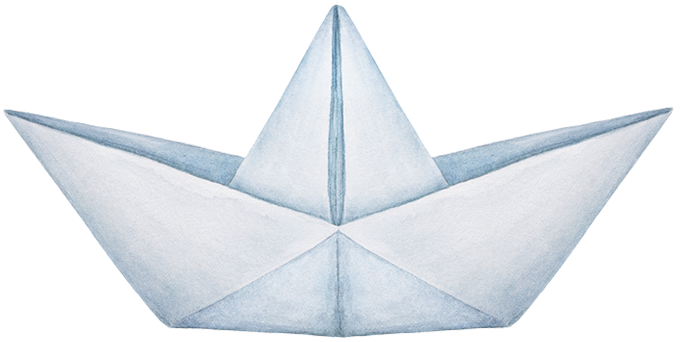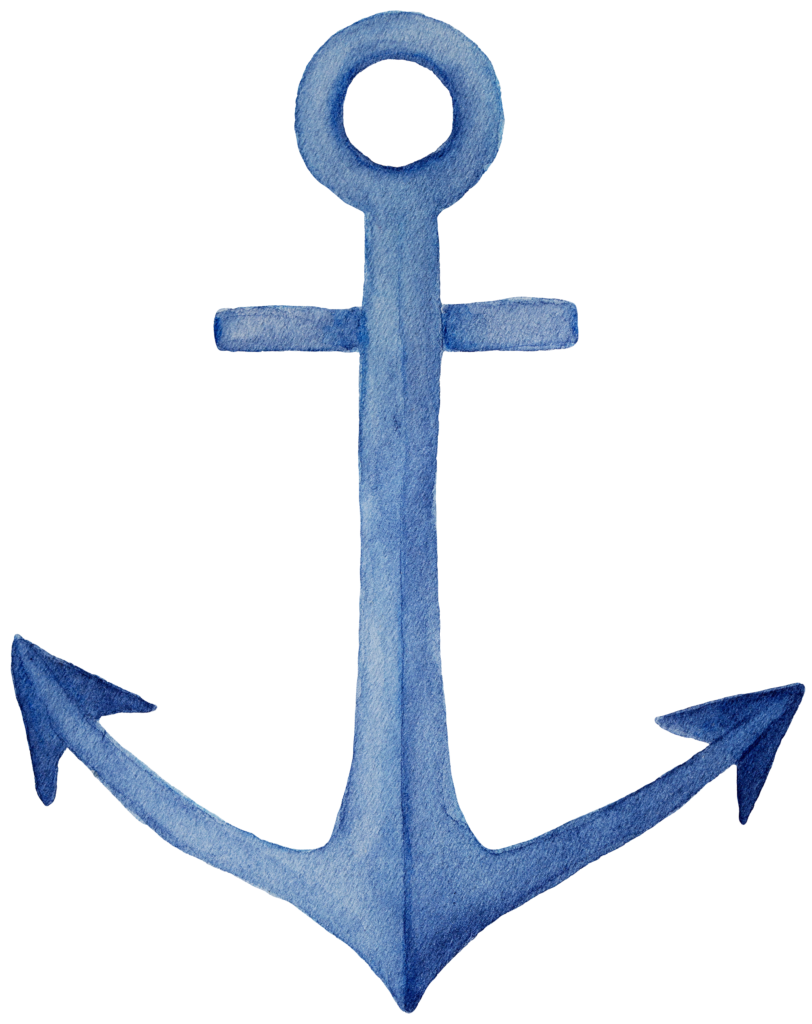The Query Letter
First off, I want to say
that I have read literally thousands of query letters. And whether that letter is good or bad - I always, ALWAYS, read the first ten pages. But subconsciously, how I approach those ten pages is greatly affected by the query letter.
Query letters are important because they are your first impression. I liken them to a first handshake in a job interview. I mean, a first fist-bump or elbow-bump or head-nod in a job interview. You should prepare your query letter with the same intentionality that you dress yourself and prepare for a job interview that you really, really want. You would never show up to meet a potential boss dressed in your quarantine clothes, with bedhead and morning breath. You wouldn’t bump Ms. Jones’s fist at Bank of America and say, “Ms. Smith, I can tell you how much I admire Wells Fargo as a company. I am so excited to be interviewing here.”
Why wouldn’t you do that? Because you know that first impressions are important. You know that Ms. Jones is assessing your competency and your work ethic by the way you present yourself, how prepared you are to answer her questions, and how knowledgeable you are about the job in question.
An agent approaches a query letter with the same critical eye. In other words, you are not just selling your one work that you’re querying, you are selling yourself. And it’s a competitive world out there.
First impressions create a subconscious bias, which is a prejudice either for or against something. You want your first impression to create a positive bias toward your work, so that the agent finishes your query and then turns to your first ten pages with interest and anticipation.
What makes a great first impression?
Well, getting the agent’s name right helps. But okay, even if you mess that up, we’re pretty understanding folks. We know that you’re probably querying many people at the same time, and everyone makes mistakes. You can overcome that mistake if what follows is spectacular.
And by spectacular, I mean that you use proper grammar and write in complete sentences.
This is really, really important in terms of how it affects an agent’s expectations when they approach your first ten pages. If you’re not able to write a one-page query letter with proper grammar, an agent will question the likelihood of you being able to write a novel-length work capable of engrossing a reader’s attention for several hours. In other words, they will then approach your work with a subconscious negative bias.
A sloppy query letter creates an unnecessary burden on your pages. If the agent approaches your work with a negative bias, you will have to convince the agent that not only can you tell a riveting story with compelling characters, but that you can actually write. A sloppy query letter detracts from the power of your pages because the agent will be distracted from the work itself.
So say your appearance is neat and tidy, your grammar perfect. You still have to go through the interview and convince human resources that what you have to offer is something they can’t refuse. This is the role of the contents in your query.

So what should it contain?
In no particular order, since part of creativity is making this letter reflect you, your query should state:
Connections If you have a particular reason for querying the agent personally, a referral or a connection in some way, it’s nice to mention. But if you don’t that’s also fine.
A hook. 1-2 sentences that tells me what the books is about.
The target audience… (PB, MG, YA)
… and genre (fantasy, sci-fi, historical, contemporary, narrative non-fic, etc.)
Word length. This is important, as it shows that you understand your audience and genre
Comp titles. Again, this shows your professionalism, how well you know the market and how seriously you take writing.
A paragraph that builds upon your hook. It should be pretty bare-bones. Just enough to give the agent the information they need to know to approach your ten pages. This info should contain: who your protagonist is, what she wants and why, and the stakes if she doesn’t get it. A long time ago I read a post by Nathan Bransford that gave a nice little formula for how to start this off: X (Character) is Y (pre-story existence) until Z (inciting incident). I think this is a pretty useful template to jump-start this paragraph. Keep the language as specific as possible.
But not too much – what does not need to be in this paragraph: every character, sub-plots, or the ending. Hint: even if your story has multiple narrators, one of them should be the primary protagonist. Focus on that one character in the query, and then mention that it’s a multi-POV story told by the others.
A bio. It’s completely fine if you do not have any writing credits, awards or experience. But if you do, please mention them, as well as anything that gives you a unique reason to be writing the story that you are querying.

